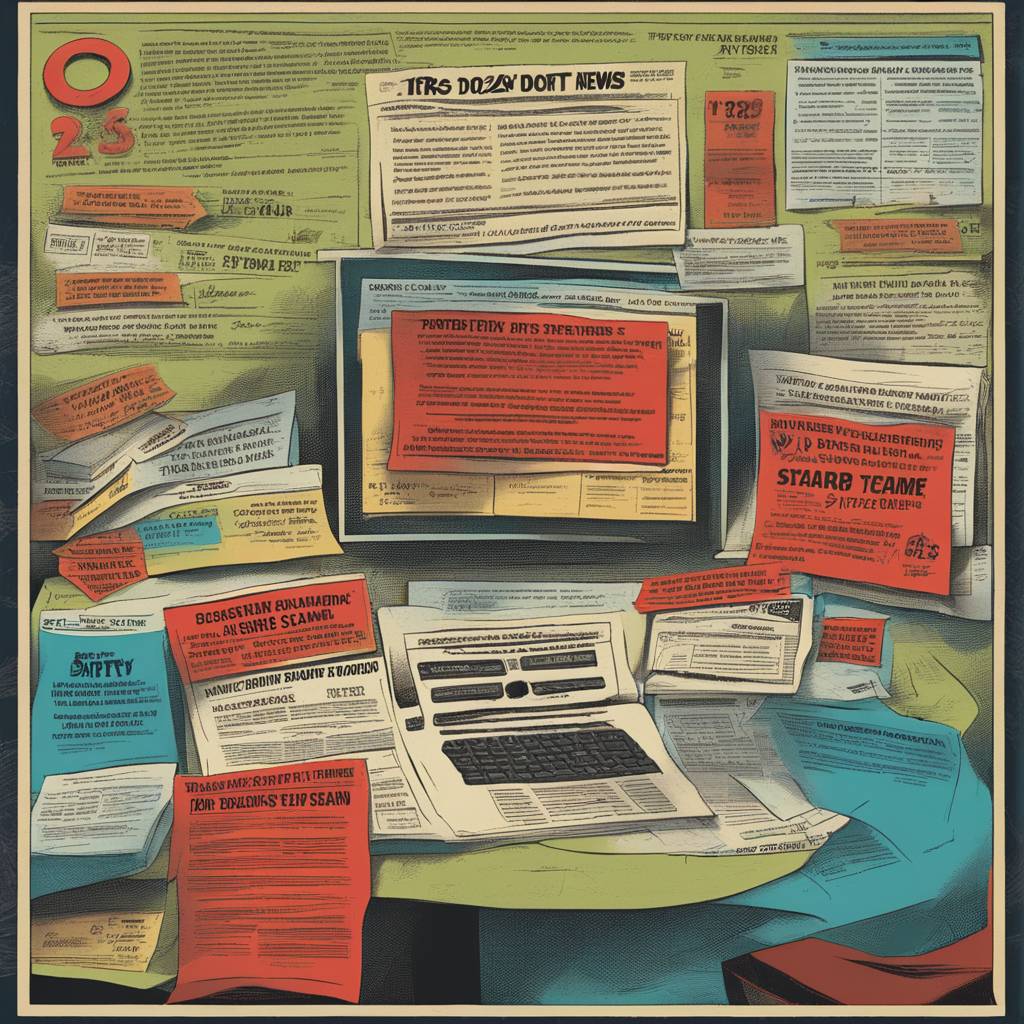The IRS has compiled a list of common scams that taxpayers should avoid during the filing season ahead of the tax deadline, which is due on April 15 in most states, with exceptions for Maine and Massachusetts. The agency warns of evolving phishing and smishing scams that aim to steal important information from taxpayers, with phishing involving fraudulent emails pretending to be from the IRS enticing victims with false claims while smishing uses alarming SMS messages to trick recipients into providing sensitive information. The IRS advises recipients of suspicious messages to never click on any unsolicited communication claiming to be from the IRS, to forward the message to phishing@irs.gov, and to delete it from their inbox if necessary.
The IRS emphasizes that it will never initiate contact with taxpayers through email, text, or social media regarding bills or tax refunds, and most contact is conducted through regular mail. Commissioner Danny Werfel warns that scammers are relentless in their attempts to obtain sensitive financial and personal information, often impersonating the IRS to trick people. He urges caution when receiving unsolicited messages and advises against clicking on links in suspicious emails or texts if unsure of their legitimacy. If confidential information has been compromised, the IRS encourages visiting its identity protection page for further assistance.
Taxpayers are advised to be aware of common scams such as phishing and smishing, which can result in sensitive information being stolen. Tax professionals should also watch out for these scams and stay vigilant during the filing season. The IRS’s annual Dirty Dozen campaign lists 12 common scams to avoid, with the current focus on evolving phishing and smishing schemes. The agency warns against clicking on unsolicited communications claiming to be from the IRS, as it could lead to malware installation or ransomware attacks that may compromise system access and files.
If anyone receives a suspicious message, they should forward it to phishing@irs.gov and delete it from their inbox, avoiding clicking on any links or providing any confidential information. The IRS stresses the importance of caution when dealing with unsolicited messages and advises against engaging with unknown or suspicious sources. It is essential to protect sensitive information and to report any suspicious activity to the appropriate authorities to prevent falling victim to scams during the tax filing season. By following these precautions and staying informed about common scams, taxpayers can protect their financial and personal information from potential fraudsters.
In conclusion, taxpayers and tax professionals should be cautious of common scams such as phishing and smishing during the tax filing season to avoid falling victim to fraudulent schemes. The IRS warns against clicking on unsolicited communications and advises forwarding suspicious messages to phishing@irs.gov for investigation. By staying vigilant and following these guidelines, individuals can protect their sensitive information and prevent unauthorized access to their personal and financial data. It is essential to remain informed about potential scams and to report any suspicious activity to the appropriate authorities to maintain security during the tax filing process.


